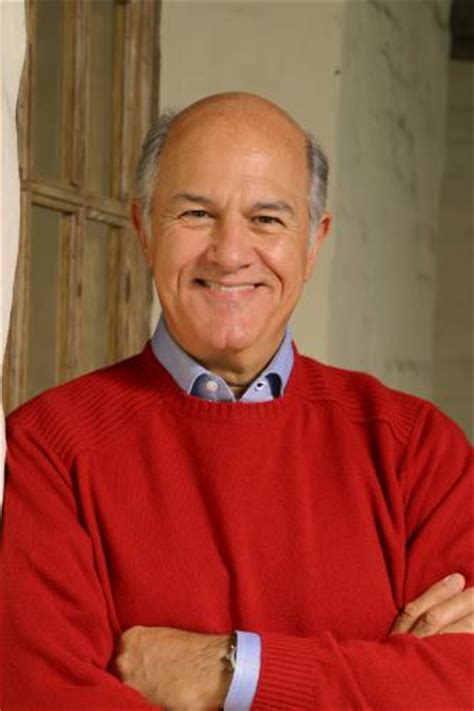A Quote by Bryan Konietzko
'Korra' is its own series. Obviously it's tied in, in the same world, a similar story, but it's not just 'Book Four' of 'The Last Airbender.'
Related Quotes
Perhaps there's another, much larger story behind the printed one, a story that changes just as our own world does. And the letters on the page tell us only as much as we'd see peering through a keyhole. Perhaps the story in the book is just the lid on a pan: It always stays the same, but underneath there's a whole world that goes on - developing and changing like our own world.
I like the idea of standalone novels. I always found with series of books, it's something that publishers love obviously because they can make a lot of money and they build an audience from book to book, but I don't like that as a writer. I prefer the idea of just telling a story, completing it within your book, and moving on and not forcing a child to read eight of them.
I think each book sort of finds its own theme as it goes on. 'Warded Man' was fear. 'Desert Spear' was exploration of the other. 'Daylight War' was relationships. Some of this is intentional, and some of it evolves naturally. The series as a whole is obviously something I have given a lot of thought to, but each book is its own animal as well.
Since each story presents its own technical problems, obviously one can't generalize about them on a two-times-two-equals-four basis. Finding the right form for your story is simply to realize the most natural way of telling the story. The test of whether or not a writer has defined the natural shape of his story is just this: After reading it, can you imagine it differently, or does it silence your imagination and seem to you absolute and final? As an orange is final. As an orange is something nature has made just right.
I once wrote a short story called 'The Best Blues Singer in the World,' and it went like this: 'The streets that Balboa walked were his own private ocean, and Balboa was drowning.' End of story. That says it all. Nothing else to say. I've been rewriting that same story over and over again. All my plays are rewriting that same story.


































